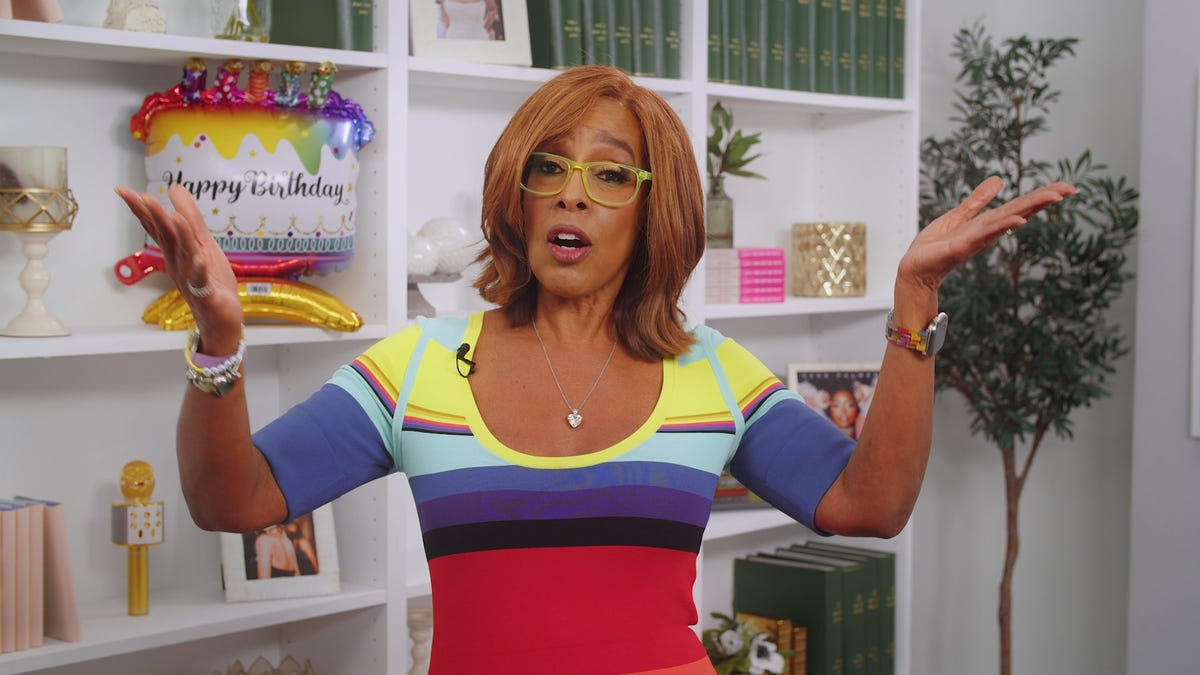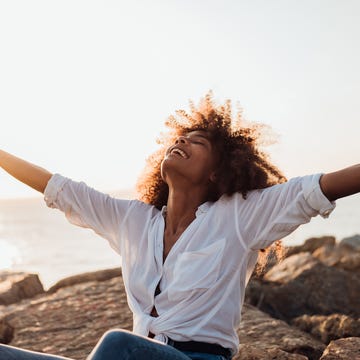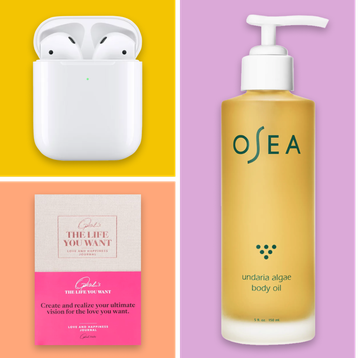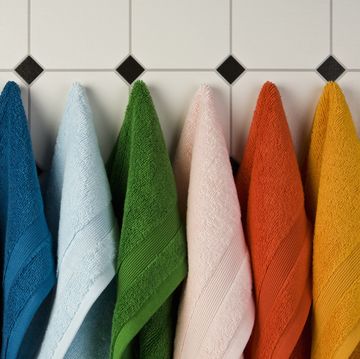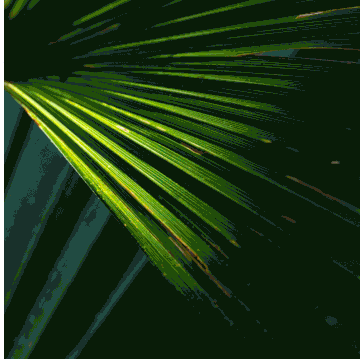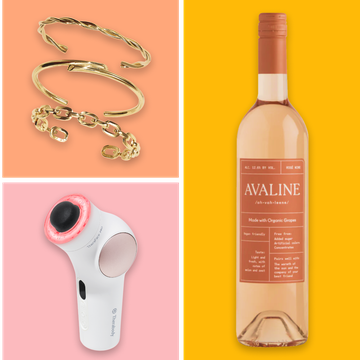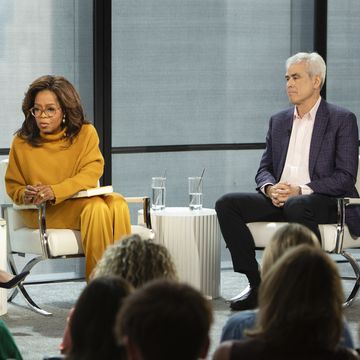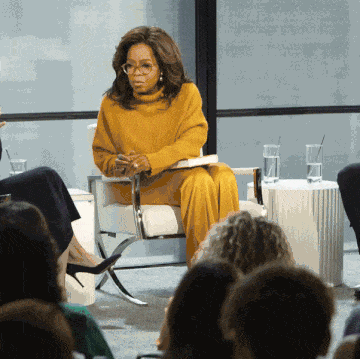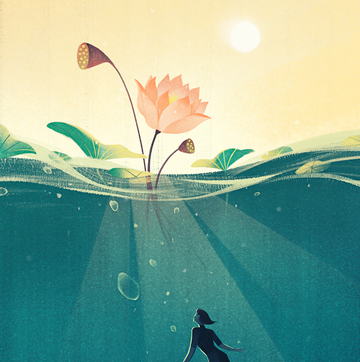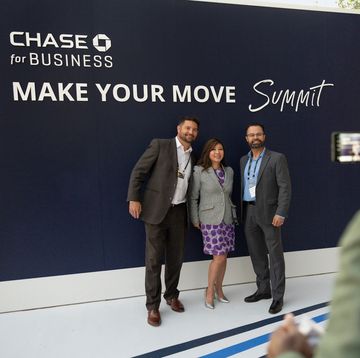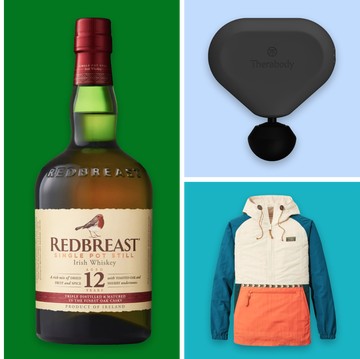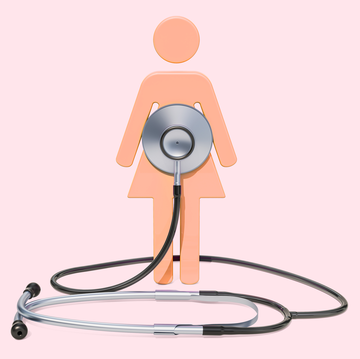- On Thursday, supermodel Joan Smalls issued a powerful statement opening up about the systematic racism she's experienced in the fashion industry and called on the industry to make real change.
- "This is a time that will forever be ingrained in history, so let us make sure we're on the right side of it," Smalls wrote in the statement, pledging to donate fifty percent of her salary for the remainder of 2020 to Black Lives Matter organizations.
On May 30, as millions took the streets to protest the death of George Floyd and racial injustice, supermodel Joan Smalls shared her own anguish: “We continue to march tirelessly, sign petitions in solidarity, protest, riot out of frustration and create hashtags for awareness,” she said on Instagram. “These cries are not being heard, our frustrations are not being acknowledged, and our sorrows are being ignored. I’m spiritually exhausted for humanity. I too want to feel free. I want my people to be free, free of prejudice, free of systematic oppression and free of racial profiling.”
Now, in a statement issued on her Instagram on June 11, the Puerto Rican-native—who has walked in more than 400 runway shows, fronted advertising campaigns for Gucci, Ralph Lauren, Michaels Kors, and Tom Ford, and became the first Latina face of cosmetics powerhouse Estée Lauder—is calling for the fashion industry to stand up to racism.
“Much to my amazement a good amount of this industry, which I am a part of, has not spoken up to show their solidarity for equal rights and equal treatment for all, specifically the black community,” Smalls said. “An industry that profits from our black and brown bodies, our culture for constant inspiration, our music (that continues to glorify these brands) and our images for their visuals have tiptoed around the issue at hand. You are part of the cycle that perpetuates these conscious behaviors.”
In the days immediately following Floyd’s death, and as protests erupted across the nation, only a handful of fashion brands issued statements in response. Since then, most have followed suit, but, as Smalls argues, this moment demands more than hollow declarations of solidarity, empty apologies, and one-off donations; it demands deliberate commitments to long-term structural changes.
“Many of you who claim to be all about ‘diversity and inclusivity’ jumped on a bandwagon because social media held you accountable for your lack of acknowledgment of us and you hid behind your esthetic of creativity or so-called beauty,” she said. “Brands have continually let us down with their insensitivity and tone-deafness and the damage control apologies of ‘we will DO better.’ My reply to you is: THIS is your chance! The moment where you speak up and demonstrate that you care. If you genuinely care, then show it!”
Today, just 19 of the 477 members of the Council of Fashion Designers of America (CFDA)—the industry’s most influential trade organization—identify as black, according to WWD. As a result, that lack of diversity at the very top influences almost every aspect of the fashion industry.
“How many times have I been told that my hair was an issue and said to control it? How many times have I had to share campaigns or editorial when I saw my counterparts achieve those milestones solo? It was a constant battle no one saw but one that I lived daily,” Smalls said.
“I don't need validation from an industry that casts me as the token black girl while ignoring my whole cultural identity as a proud Latina as well. What I do need is recognition of the systemic issues…From photographers not wanting to shoot me because there was no need to shoot a black girl, to the magazines, brands, and agencies who continue to work with people of that mindset. Just like stylists and casting directors not willing to treat us fairly and give us a chance, yet you, the industry, continue to employ them. You feed the beast. The beast of racism and exclusivity.”
This isn't the first time Smalls has opened up about the discrimination she's faced in the fashion industry. At a 2016 Business of Fashion panel about diversity and inclusion, she said, "I’ve always had a struggle trying to get a hair campaign. It’s mind-boggling. I’ve been on option, and they dropped me at the last minute. And the excuse was, ‘We were afraid to try something new.’ And by ‘new,’ they meant ‘We’ve never shot a black girl.’"
In addition to calling on the fashion world to take action to combat racism and inequality (“It is time to be considerate of giving us a seat at the table because we are worthy, we are talented and we are unique"), Smalls announced that she would be donating fifty percent of her salary for the remainder of 2020 to Black Lives Matter organizations.
“This is a time that will forever be ingrained in history, so let us make sure we’re on the right side of it,” she said. “Behind these brands are individuals, individuals that should have humility. I urge you to use your voice and your infrastructure to help us. I urge all of you to stand with us."
For more stories like this, sign up for our newsletter.

